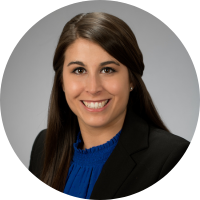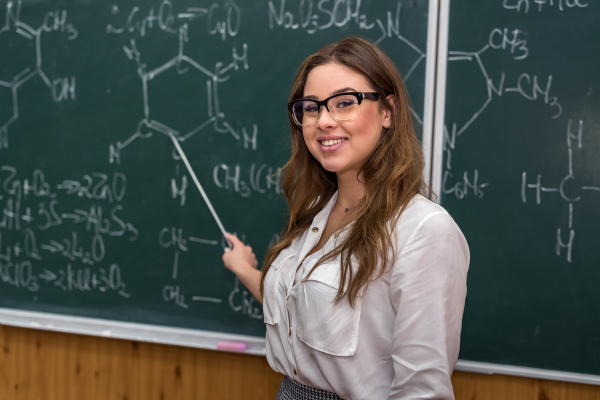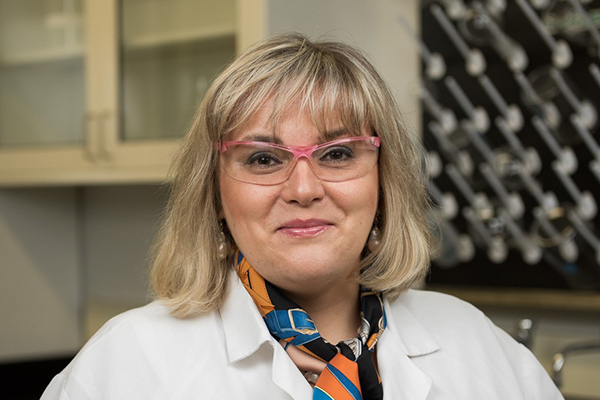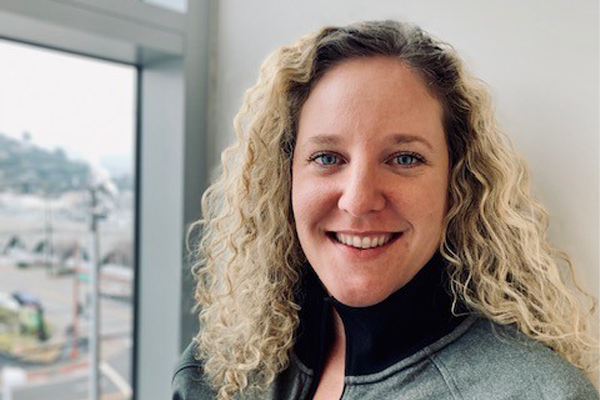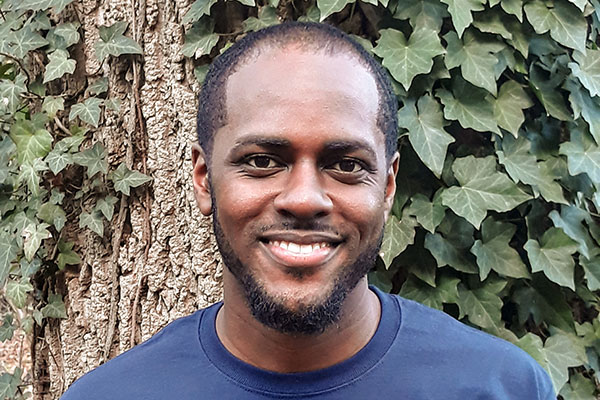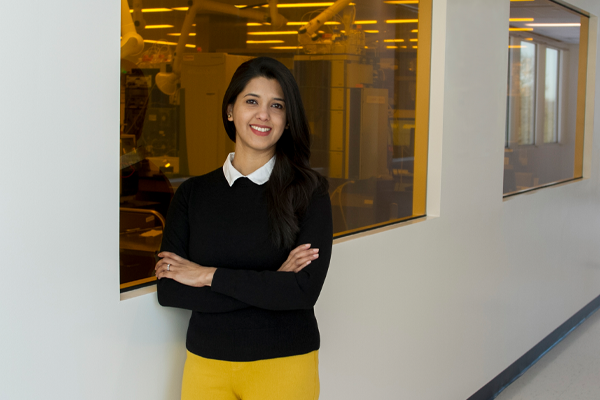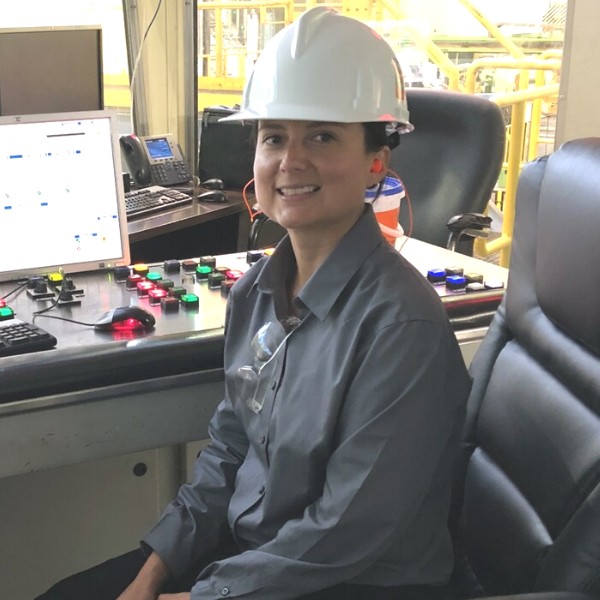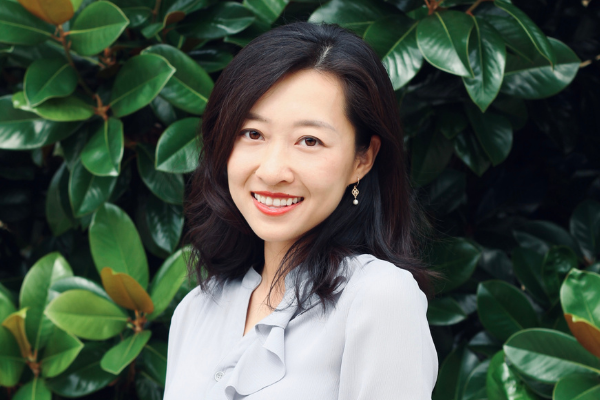
What led you to pursue a career in chemistry?
I enjoyed science back in middle and high school. I had a great teacher who challenged me and taught me how chemistry can be an exciting puzzle to work through. I started as a biochemistry student wanting to attend medical school but realized it wasn't for me in my senior year.
My first job out of school was in a formulation group at PPG Industries as a contract worker. I worked with a mix of formulation scientists and engineers but wanted to tie my work back to the medical field. This motivated me to pursue my Masters in biochemical engineering and later my Ph.D. These degrees complemented my biochemistry background by introducing applications in the pharmaceutical and biotechnology industry for me to build my career. Chemistry still very much plays a role in the work I do today.
Tell us about your current role. How did you find this job? What do you like best? What are some of the challenges?
Currently, I am a Principal Scientist in Drug Product, Process Development at Amgen in Cambridge, Massachusetts. I met people from Amgen at the ACS BIOT meeting while planning a networking session as a Ph.D. student. When I came across the position, I contacted the person I had met for a referral and got an interview.
I like best how my work impacts patients. Through my work of determining the most stable formulation for modalities, understanding the impact of different processing stresses, and ensuring product stability over the intended shelf-life, my work translates into essential products being available to patients in need worldwide. I also really like transferring lab-scale activities to large-scale manufacturing, where the product will be produced to be accessible to these patients for years to come.
Some of the challenges so far have been learning new things in depth quickly to meet a timeline or support a crucial decision; however, Amgen has a great culture of support and collaboration that has helped me learn through these challenges and evolve as a scientist.
How has your involvement with ACS helped you in your career?
I have been involved in ACS since 2014 as an undergraduate student. Being involved in ACS has helped me grow my network to understand what options are available as potential career paths. It has taught me how to communicate with many different audiences while developing leadership skills as a Student Chapter President and now the division's communications coordinator on the executive committee. These opportunities have helped me grow my understanding of my industry and gain confidence as a leader.
What advice would you share with other early career scientists?
First, put yourself out there, and don't be afraid to be out of your comfort zone. Whether it's going up to someone at a conference to learn about their work or saying yes to a new opportunity, knowing what's out there to determine what you like and don't like is important as you build your career.
Second, find ways to prioritize yourself and your well-being. It doesn't always happen in undergraduate or graduate school, but it is important to make this a priority early in your career for sustainability and balance.
What do you like to do outside of work?
Outside work, I'm a regular golfer, reader, traveler, beach-goer, and snowboarder. I always like spending time with family and friends too.
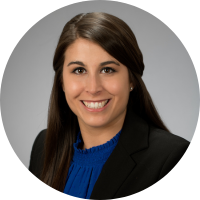
Kelsey McKenna has been working with Amgen's Drug Product Technologies Group in Cambridge, MA, since 2020, where she works primarily on the formulation, process characterization, and technical transfer of biologics. She has been involved in ACS since 2014 and is currently the Communications Coordinator for the Division of Biotechnology (BIOT). She holds a Bachelor of Science in Biochemistry from Duquesne University and a Masters and Ph.D. in Biochemical Engineering from Villanova University.
This article has been edited for length and clarity. The opinions expressed in this article are the author's own and do not necessarily reflect the view of their employer or the American Chemical Society.

